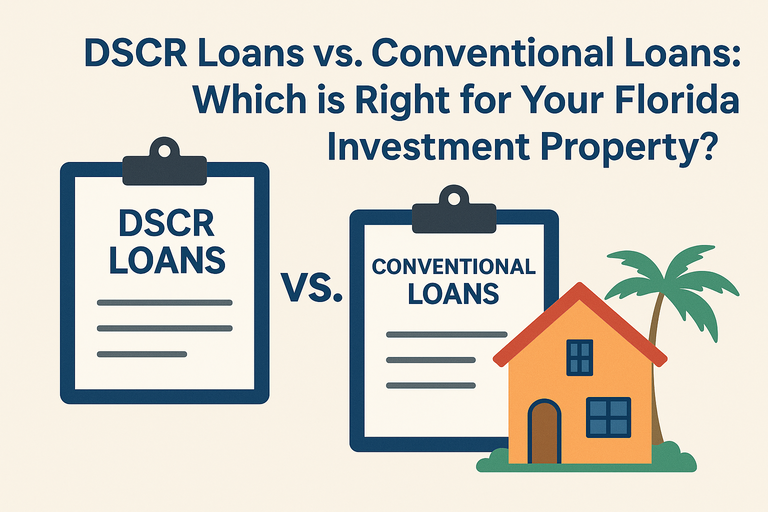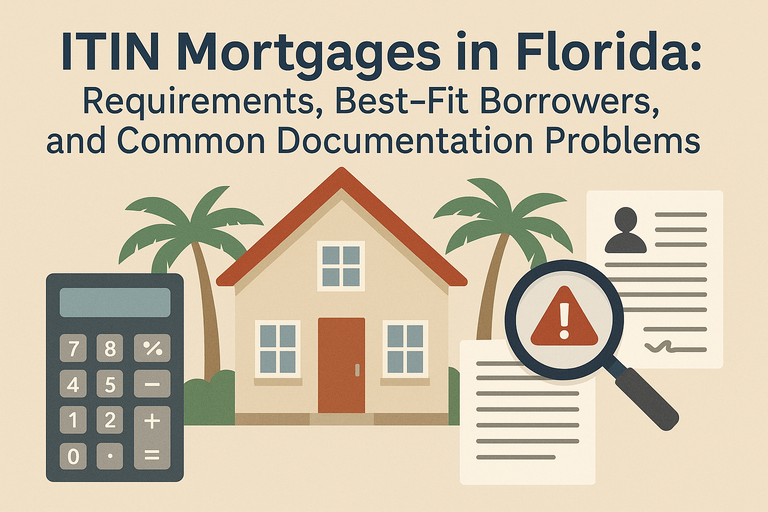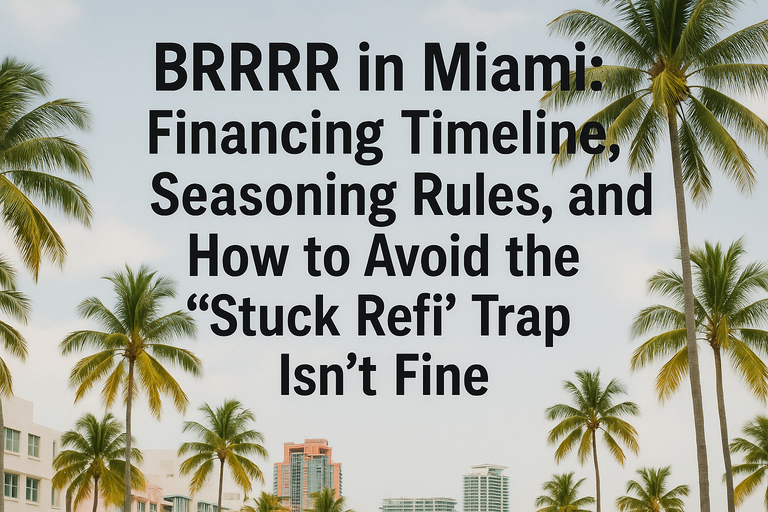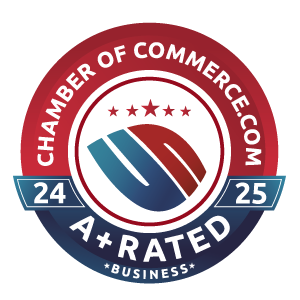When financing investment properties in Florida’s competitive real estate market, understanding your loan options is crucial for maximizing returns and building a successful portfolio. Many investors wonder: is a DSCR loan a conventional loan? The short answer is no—DSCR loans fall into the non-QM (non-qualified mortgage) category, and the differences between these two financing options can significantly impact your investment strategy.
Is DSCR a Conventional Loan? Understanding the Fundamental Differences
To answer the question “are DSCR loans conventional,” we need to understand what defines each loan type. Conventional loans are mortgages that conform to guidelines set by Fannie Mae and Freddie Mac, the government-sponsored enterprises that purchase loans from lenders. These loans have strict qualification requirements based on the borrower’s personal financial profile.
DSCR loans, on the other hand, are non-QM loans that don’t conform to these traditional standards. They’re specifically designed for real estate investors and qualify borrowers based on the property’s income-generating potential rather than personal income documentation. This fundamental difference creates distinct advantages and considerations for Florida investors.
How Conventional Loans Work for Investment Properties
Conventional investment property loans require borrowers to provide extensive personal financial documentation, including tax returns, W-2s, pay stubs, and employment verification. Lenders scrutinize your debt-to-income ratio (DTI), credit score, and employment history to determine eligibility.
For Florida investment properties, conventional loans typically require 15-25% down payment, with rates slightly higher than primary residence loans. Investors can finance up to 10 properties with conventional financing, but each additional property makes qualification more challenging as the debt accumulates on your personal financial statement.
Conventional financing can be an excellent choice for borrowers with strong personal income and credit. If you’re considering this route, check out our step-by-step guide on how to get a home mortgage in Florida to understand requirements and best practices before applying.
The approval process focuses entirely on you as the borrower—your income must be sufficient to cover all existing debts plus the new mortgage payment, regardless of how much rental income the property generates.
How DSCR Loans Differ from Conventional Financing
Since DSCR loans are not conventional loans, they operate under entirely different principles. The Debt Service Coverage Ratio calculation compares the property’s monthly rental income against its monthly debt obligations (mortgage payment, taxes, insurance, HOA fees). If the property generates enough income to cover these expenses, you can qualify—even if your personal income wouldn’t support a conventional loan.
This distinction makes DSCR loans particularly attractive for Florida investors who:
- Are self-employed with significant tax write-offs that reduce reported income
- Already own multiple properties and would struggle with conventional DTI requirements
- Want to scale their portfolio quickly without personal income limitations
- Have strong assets but non-traditional income streams
For Florida’s lucrative vacation rental markets in destinations like Destin, Orlando, and the Keys, DSCR loans allow investors to qualify based on potential short-term rental income rather than traditional long-term lease agreements.
Since DSCR loans focus on property cash flow rather than personal income, they’re ideal for investors looking to scale their portfolios quickly. Learn more about leveraging DSCR loans in Miami’s real estate market and how this financing model empowers investors to qualify based on rental income potential.
Key Comparison Points for Florida Investors
Qualification Process: Conventional loans require extensive personal financial documentation and strict DTI ratios (typically 43-50%). DSCR loans require minimal documentation—usually just a rental income appraisal or existing lease agreement—with no DTI calculations.
Credit Requirements: Conventional loans generally require credit scores of 620-680 for investment properties. DSCR loans typically need 660-680 minimum, though some programs accept lower scores with larger down payments.
Down Payment: Conventional investment property loans require 15-25% down. DSCR loans typically start at 20-25% down, with better rates available at 25-30% down payment levels.
Interest Rates: Conventional loans usually offer lower interest rates, but are DSCR loans conventional in pricing? No—DSCR rates run approximately 0.5-1.5% higher than conventional rates due to their non-QM status and increased lender risk.
Property Limits: Conventional financing caps at 10 financed properties. DSCR loans have no such limitation, allowing unlimited portfolio expansion for Florida investors building large-scale rental businesses.
Closing Speed: DSCR loans typically close faster (2-3 weeks) compared to conventional loans (30-45 days) because of reduced documentation requirements and streamlined underwriting.
Which Option Makes Sense for Florida Investors?
Is a DSCR loan a conventional loan option you should consider instead of traditional financing? The answer depends on your situation:
Choose conventional loans if you:
- Have strong W-2 income and clean tax returns
- Are purchasing your first 1-2 investment properties
- Want the absolute lowest interest rate
- Have time for extensive documentation and longer closing periods
Choose DSCR loans if you:
- Are self-employed or have complex income sources
- Already own multiple properties affecting your DTI
- Need to close quickly on Florida investment opportunities
- Want to scale your portfolio beyond 10 properties
- Are purchasing properties in Florida’s high-performing short-term rental markets
The Verdict for Florida Real Estate Investors
Understanding that DSCR loans are not conventional loans—but rather purpose-built investment property financing—helps Florida investors make strategic decisions. While conventional loans offer lower rates for those who qualify easily, DSCR loans provide unmatched flexibility and scalability for serious real estate investors.
In Florida’s dynamic markets spanning from Miami’s luxury condos to Tampa’s emerging neighborhoods and Jacksonville’s growing rental sector, having access to both financing options gives you the competitive advantage needed to capitalize on opportunities as they arise.
Working with knowledgeable Florida mortgage professionals who understand both conventional and DSCR loan programs ensures you select the optimal financing strategy for each property in your investment portfolio.
To compare DSCR, conventional, and other non-QM loan options side by side, explore the different loan programs available at Miami Mortgage Broker and find the best fit for your Florida investment goals.






